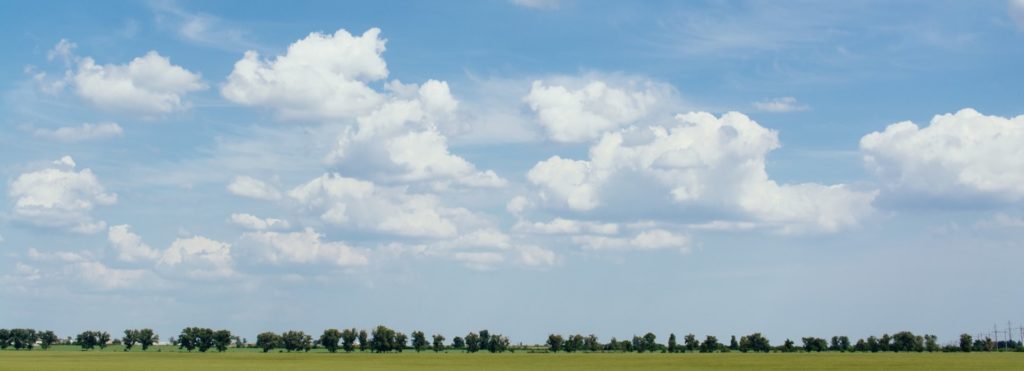- ...
Masters Compare - Find your perfect masters course.

Taking on a postgraduate degree, whether Masters or Doctoral, is commitment - financially and otherwise. Studies suggest that a postgraduate degree may be worth it long-term though. A recent study showing a boost to earnings by 12% for men and 28% for women. We spoke to former masters student Dan about his motivations for postgraduate study and to what extent he feels it’s benefitted his career. Could he answer the question 'Where my masters degree took me...'?
"I did quite a generic geography degree and quite frankly didn’t do that well in my final year modules. They focused on human geography, whereas my preference was for physical geography. I ended up with a 2:2.
I knew I wanted to pursue a career in some sort of physical geography, but wasn’t really sure which area I wanted to go into. I felt I needed a postgraduate degree to increase my knowledge and to make me more employable.
I applied for a NERC-funded PhD studentship as well as Masters - one in hydrology, the other in meteorology - at the University of Birmingham. I was interviewed for the PhD, but didn’t get it. The person interviewing had noticed I’d applied for the Masters as well. The next thing I knew I was being interviewed there and then for a funded MSc in Meteorology and Climatology!
Because I'd expressed an interest in a PhD, the idea was that the Masters was the first step onto this pathway. In reality, I’d had enough of studying by the end of my Masters, and dropped the idea of a PhD in favour of looking for a job."
I applied for five jobs at the Met Office which were advertised about the same sort of time. All the jobs were in research, so all fairly similar. They discussed it between themselves in terms of which one I would be most suited for and I got offered one of the five.
The role involved presenting meteorological data in a graphical way, in a program called MetView. This is to assist researchers in modelling and theorising.
I did that job for a couple of years, but I was keen to give project management a go. I introduced myself to a relevant member of staff and told him I was interested. I was hired after some persistence. When an opening arose, rather than advertising for a more experienced project manager, they created a junior project management role for me and trained me up.
That then led to a career in project management. Initially I managed projects such as the roll out of new multifunctional devices at the Met Office, then moving further into the IT arena, working as a project manager for a small software company.
Certainly in my first role at the Met Office, I used my knowledge of Fortran programming for the MetView program. I’d learnt elements of this during my Masters for satellite weather.
I’m now Head of Delivery for a small software company who are a Google partner, which basically means I’m a senior project manager, portfolio manager and operational manager rolled into one. The role has no direct relevance to my Masters, but I’ve built on some of those technical and analytical skills that I learned.
Where my masters degree took me includes having the confidence to pursue the goal I started out with. I think when I studied, fewer people were going onto postgraduate study, so I think it did help me stand out. I was of course also lucky enough to receive funding, which I'm not sure is so easy these days.
It’s definitely one way of helping you stand out should you feel it’s going to either help you get on the career ladder, or progress up it.